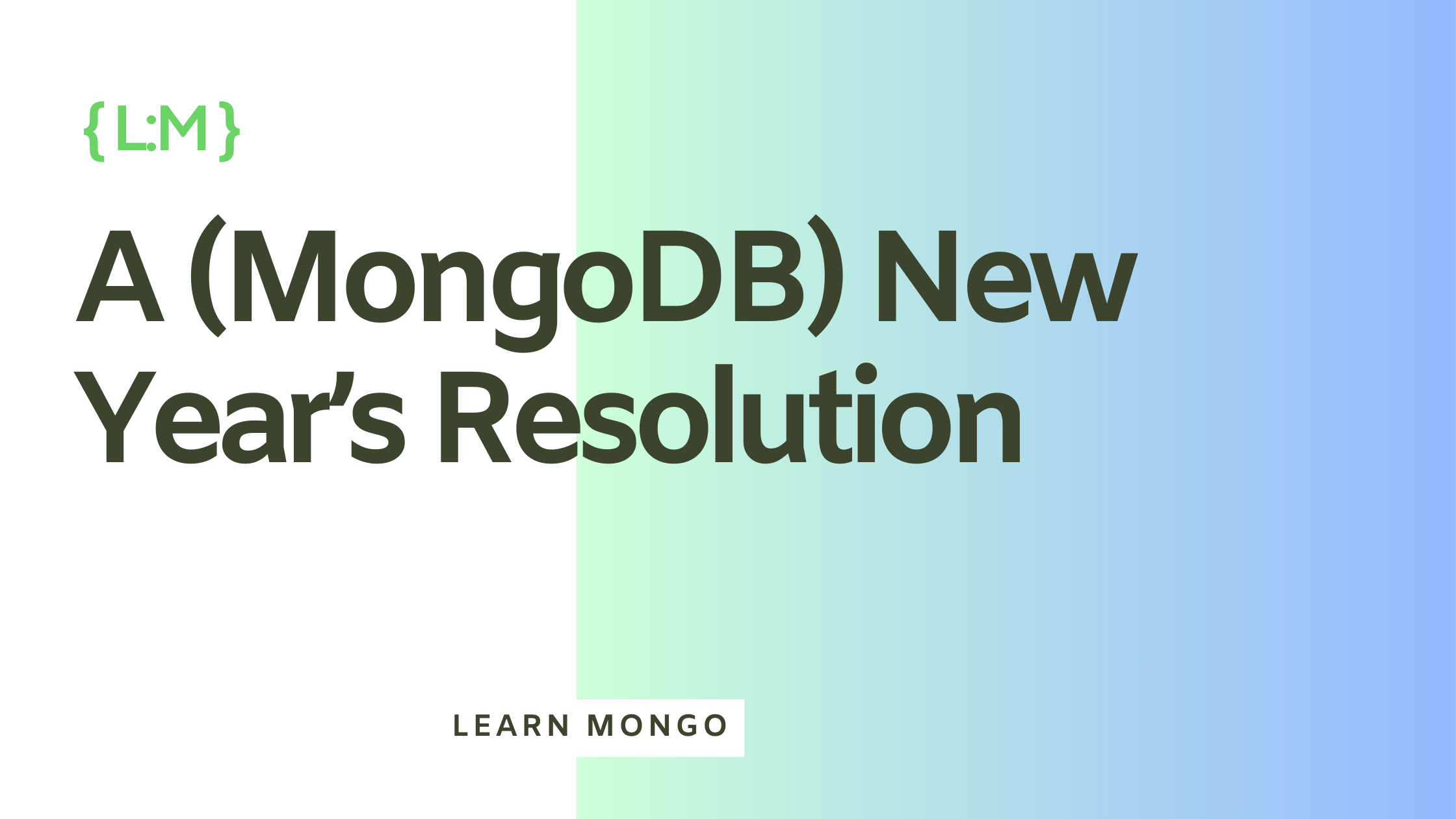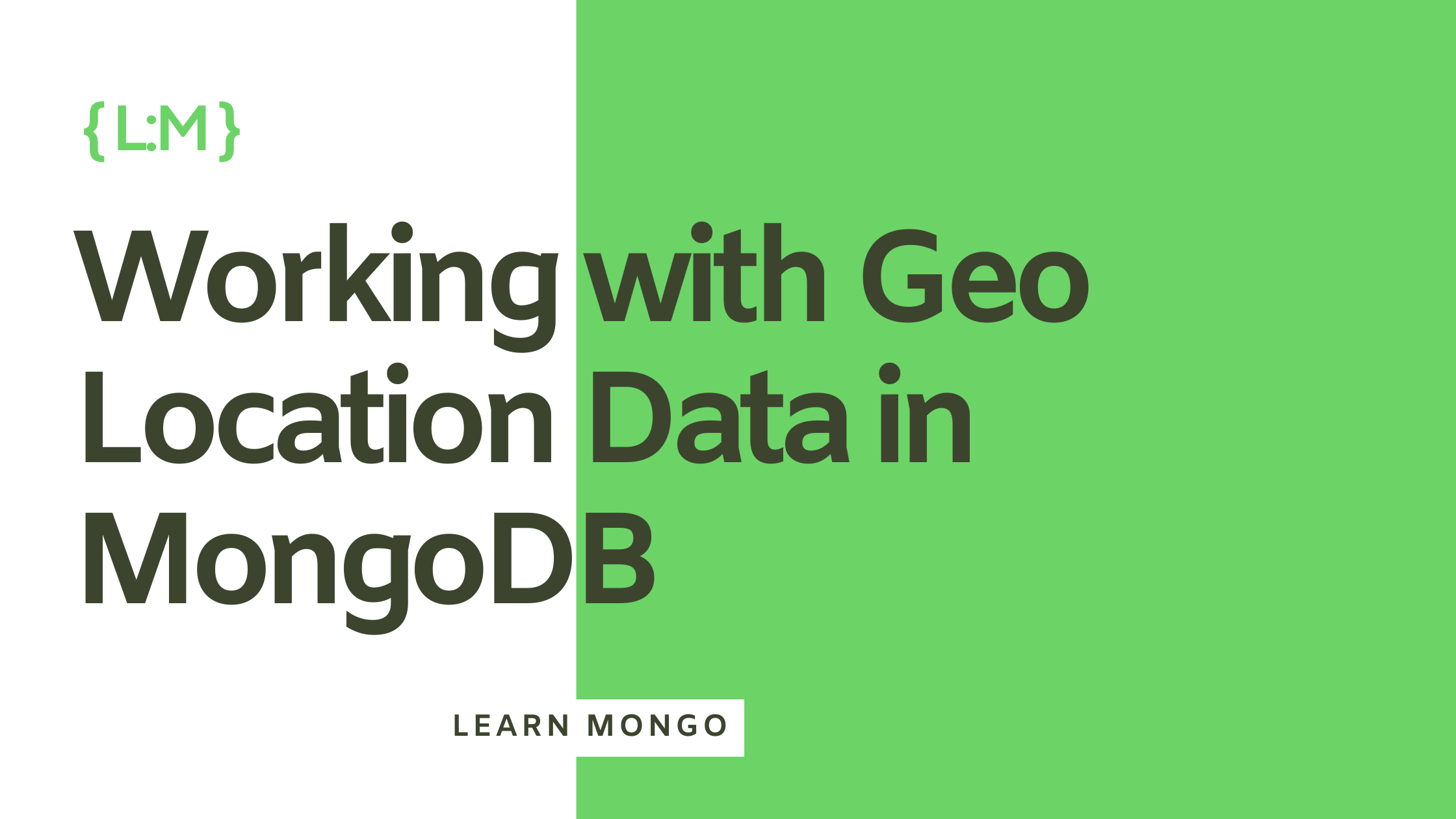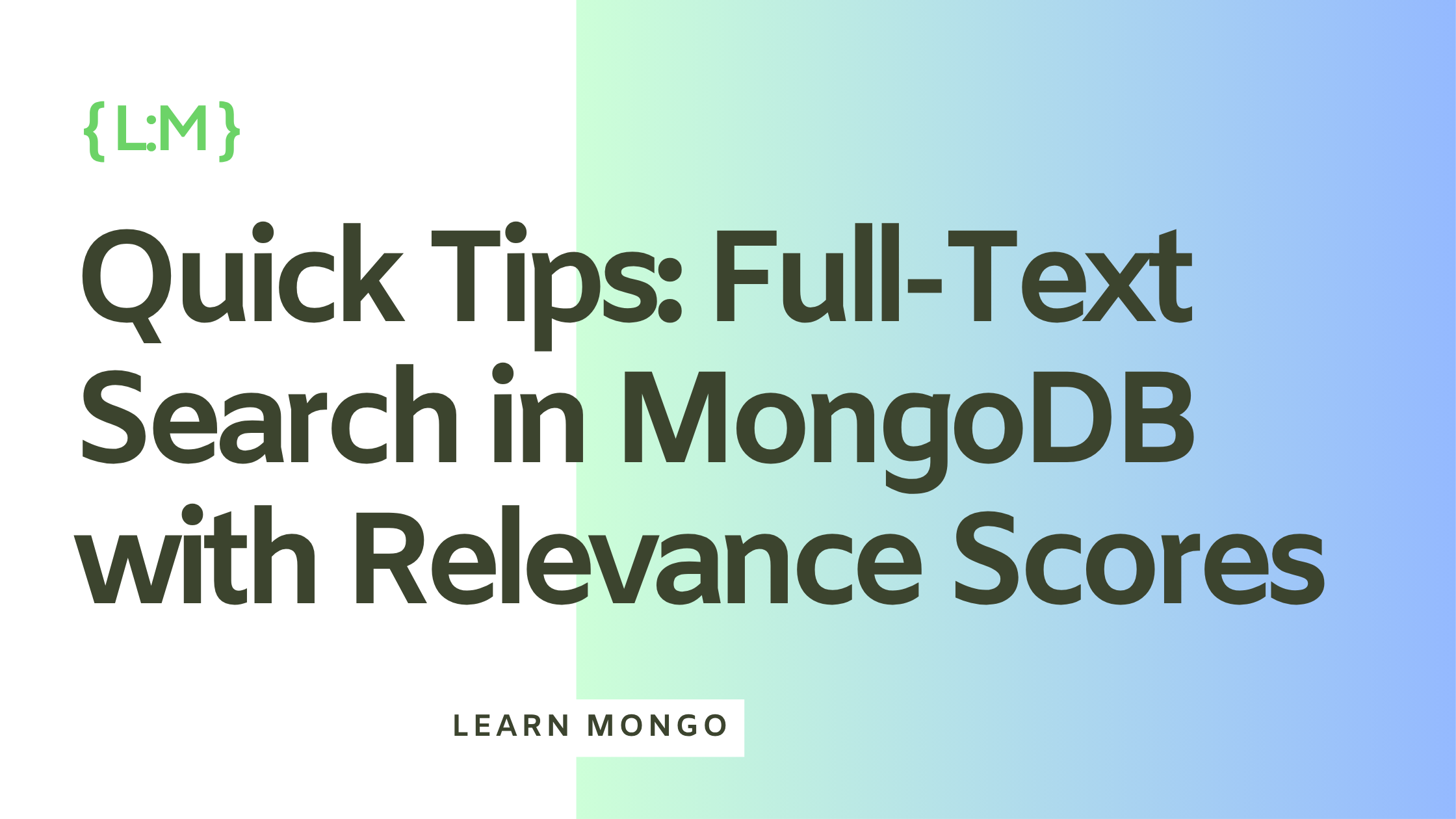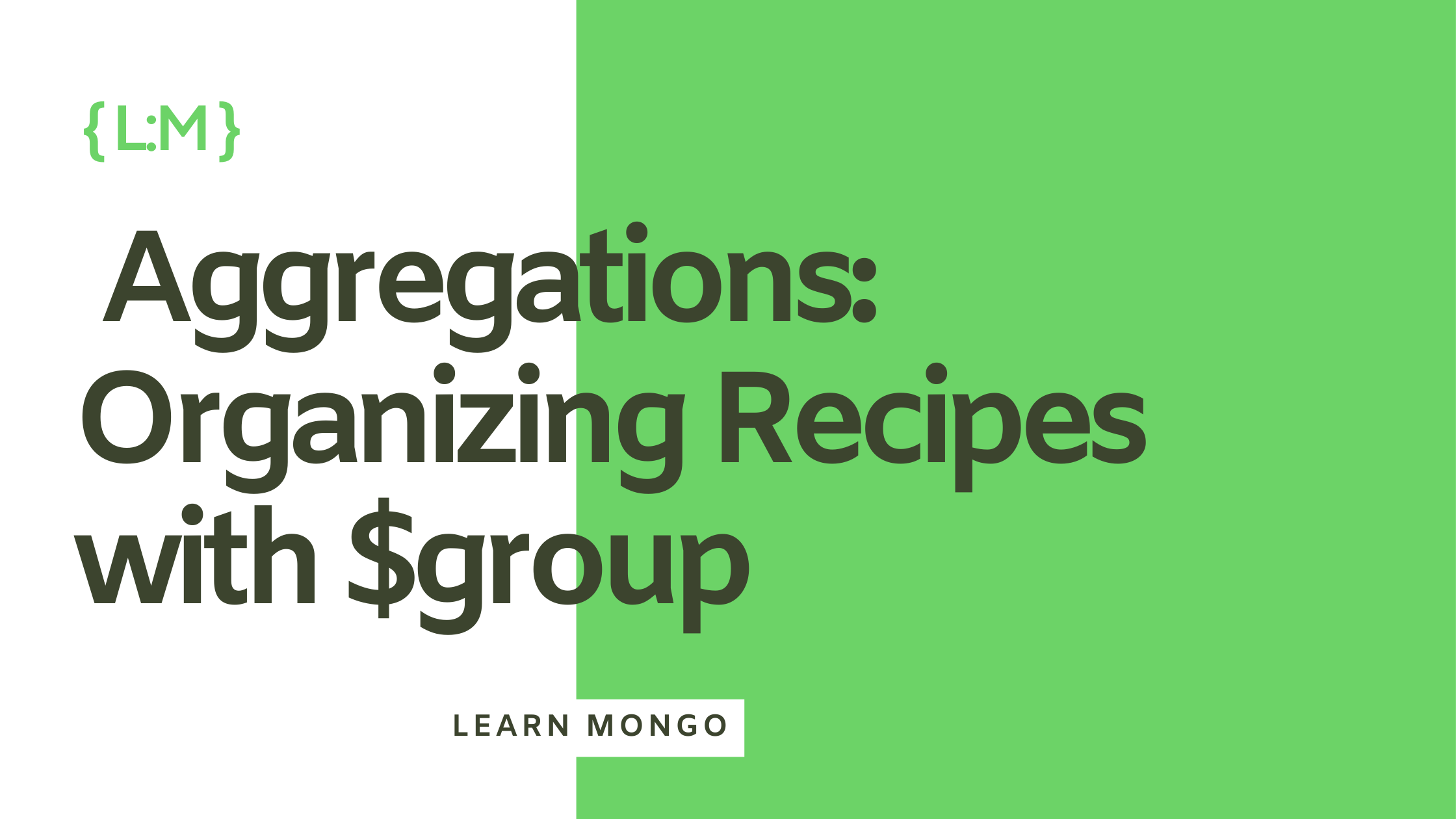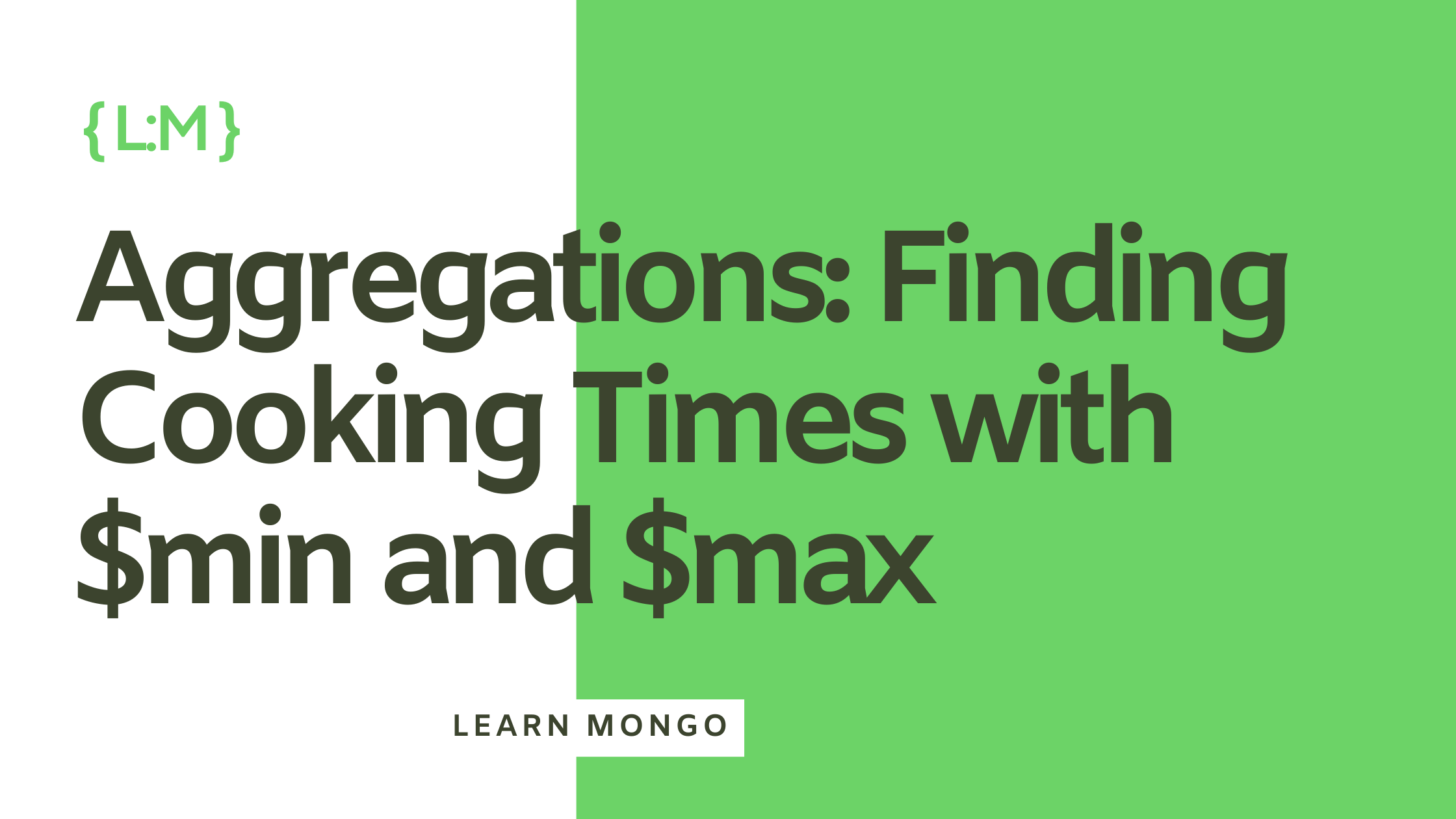-
Clean Up Old Data Automatically with MongoDB TTL Indexes
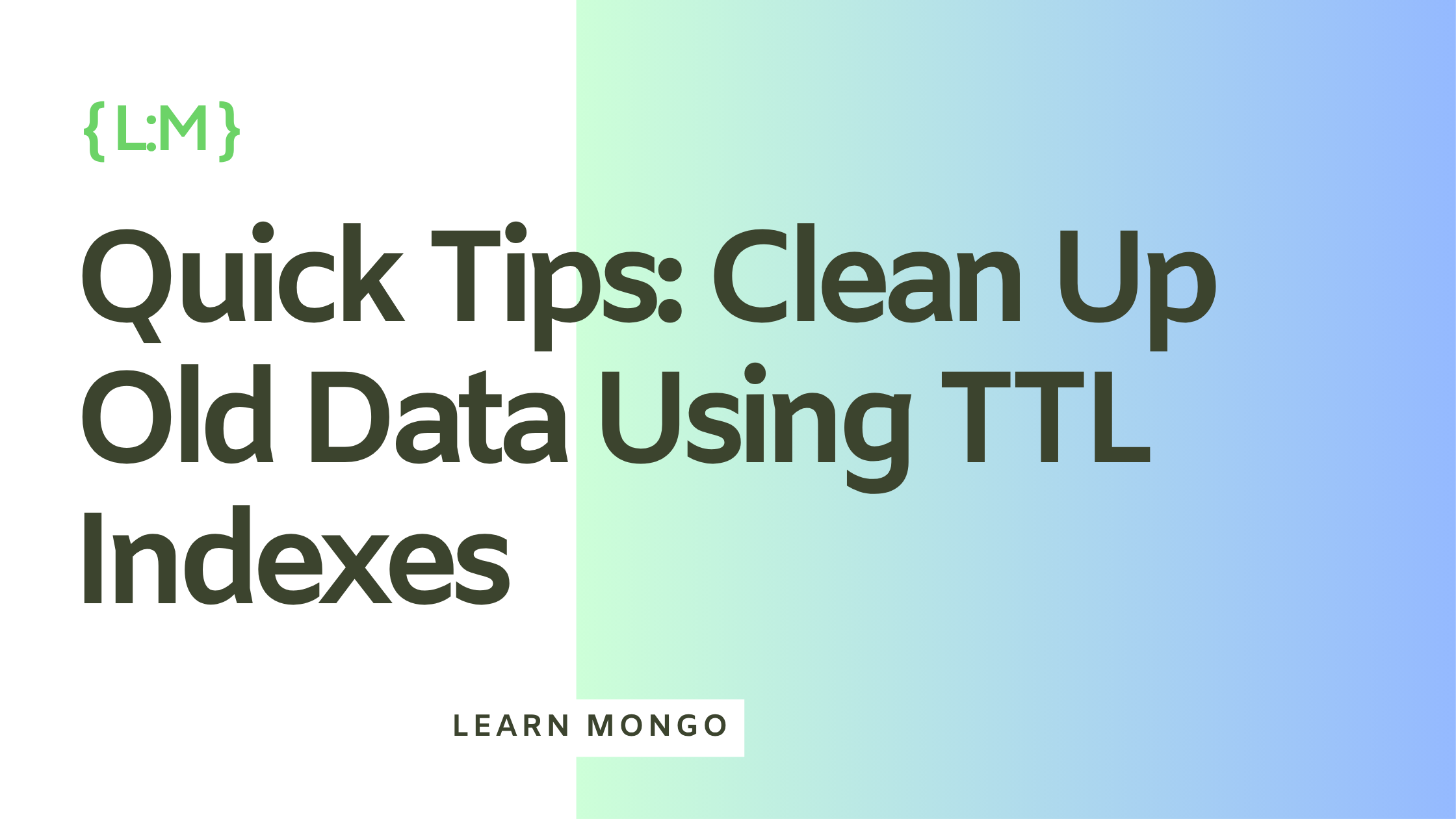
With Big Data, comes well … a lot of data. But what if some of that data is only really useful within a certain timeframe? Think about things like: Luckily, MongoDB makes it easy to keep your collections tidy with what are called TTL indexes. TTL (Time To Live) indexes automatically delete documents after a…
-
Scaling MongoDB with Sharding: Setup Best Practices
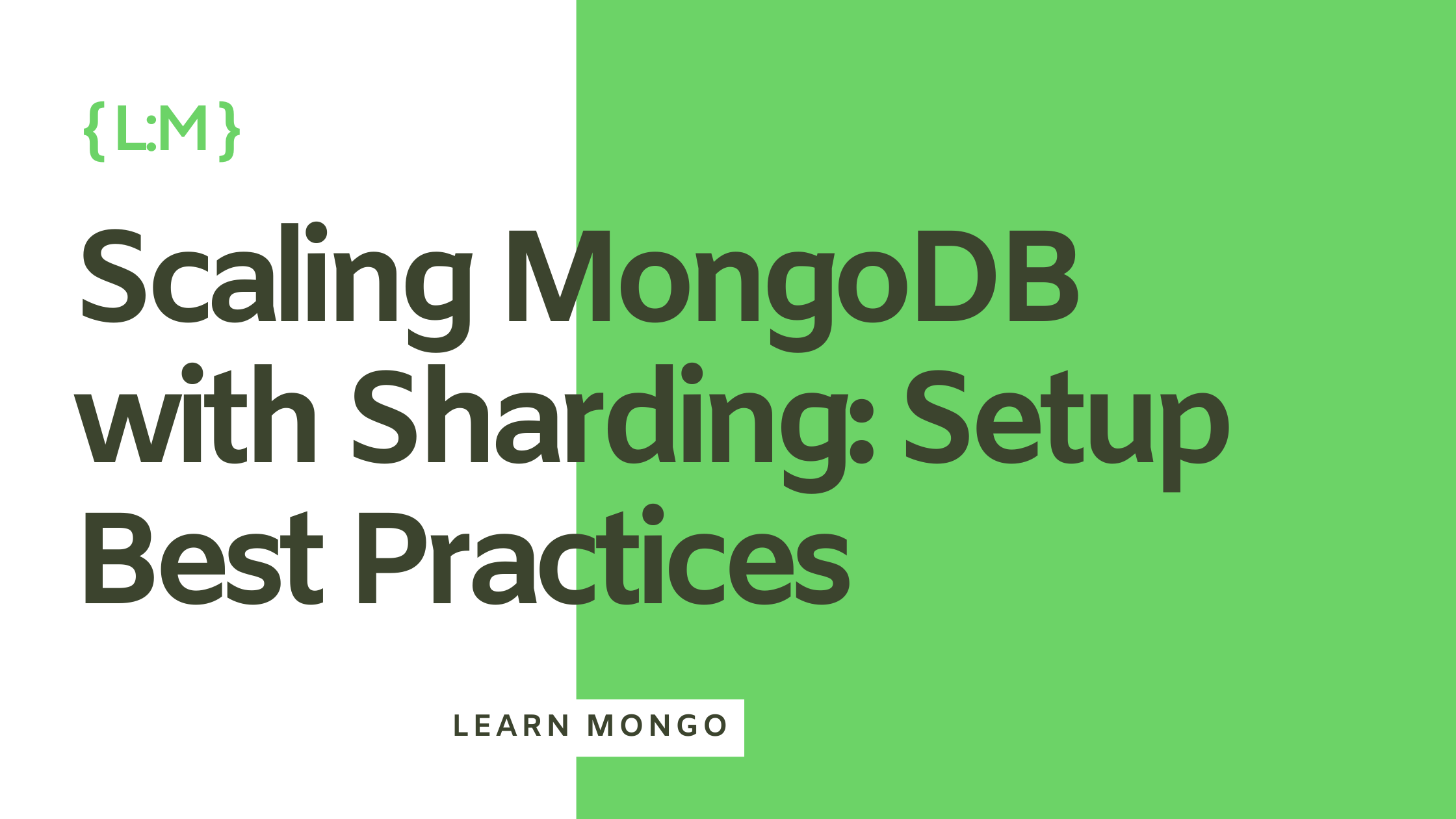
In our previous post, we covered the basics of sharding (how MongoDB distributes data across multiple servers), why config servers are critical, and how balancing helps maintain efficiency. Now, we’ll go deeper into three critical areas that will determine whether your sharded cluster thrives or struggles: Let’s break these down in detail. Shard Key Selection:…
-
Scaling MongoDB with Sharding: The Basics
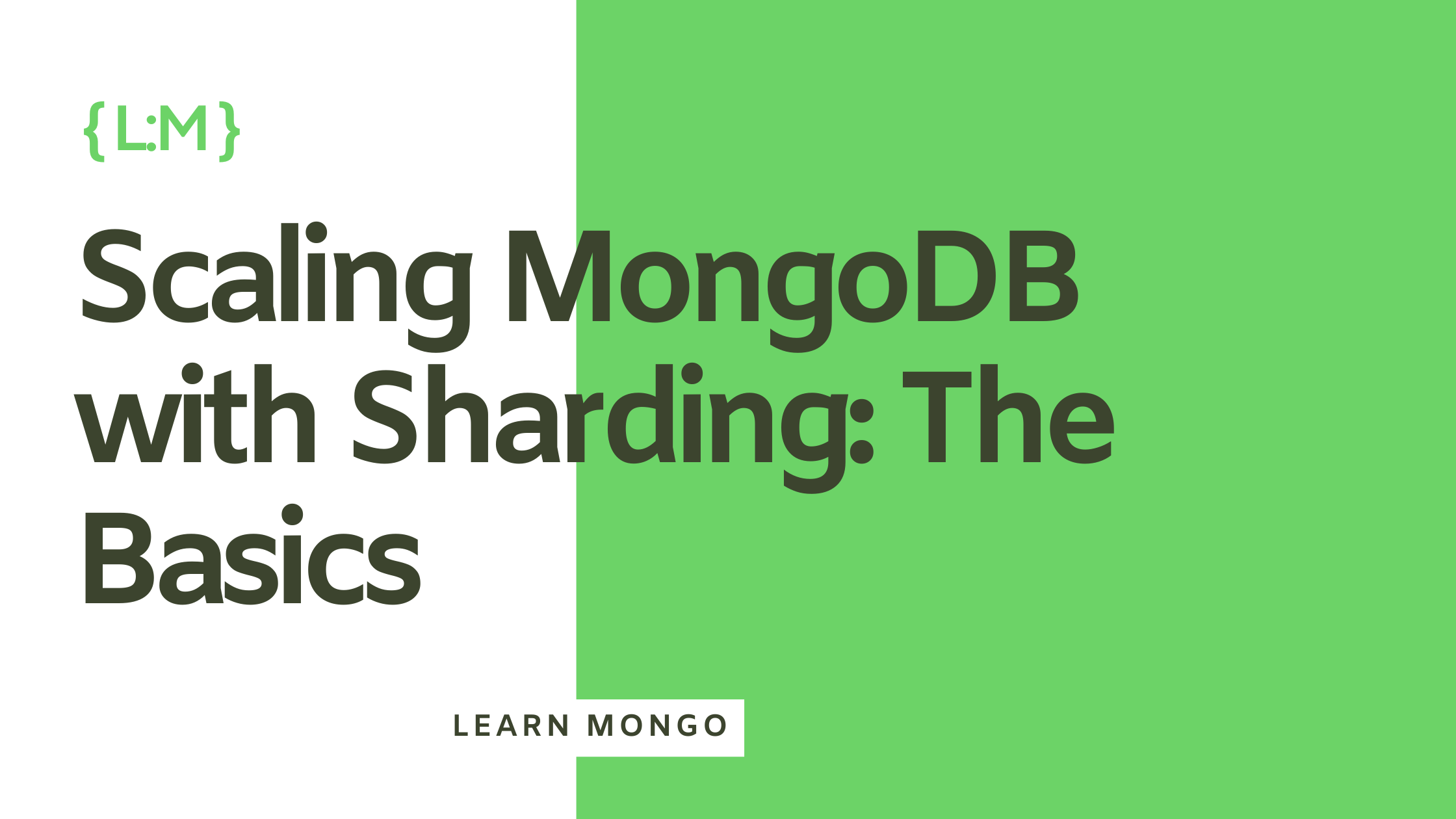
When your database starts to outgrow its capacity, you’ve got two options: scale up or scale out. Scaling up means buying bigger, beefier servers with more RAM, CPU, and disk space. Whereas scaling out (using MongoDB’s sharding feature) can be a more cost-effective and flexible solution. The Basics of Sharding In simple terms, sharding involves…
-
How to Change a MongoDB Primary to a Secondary
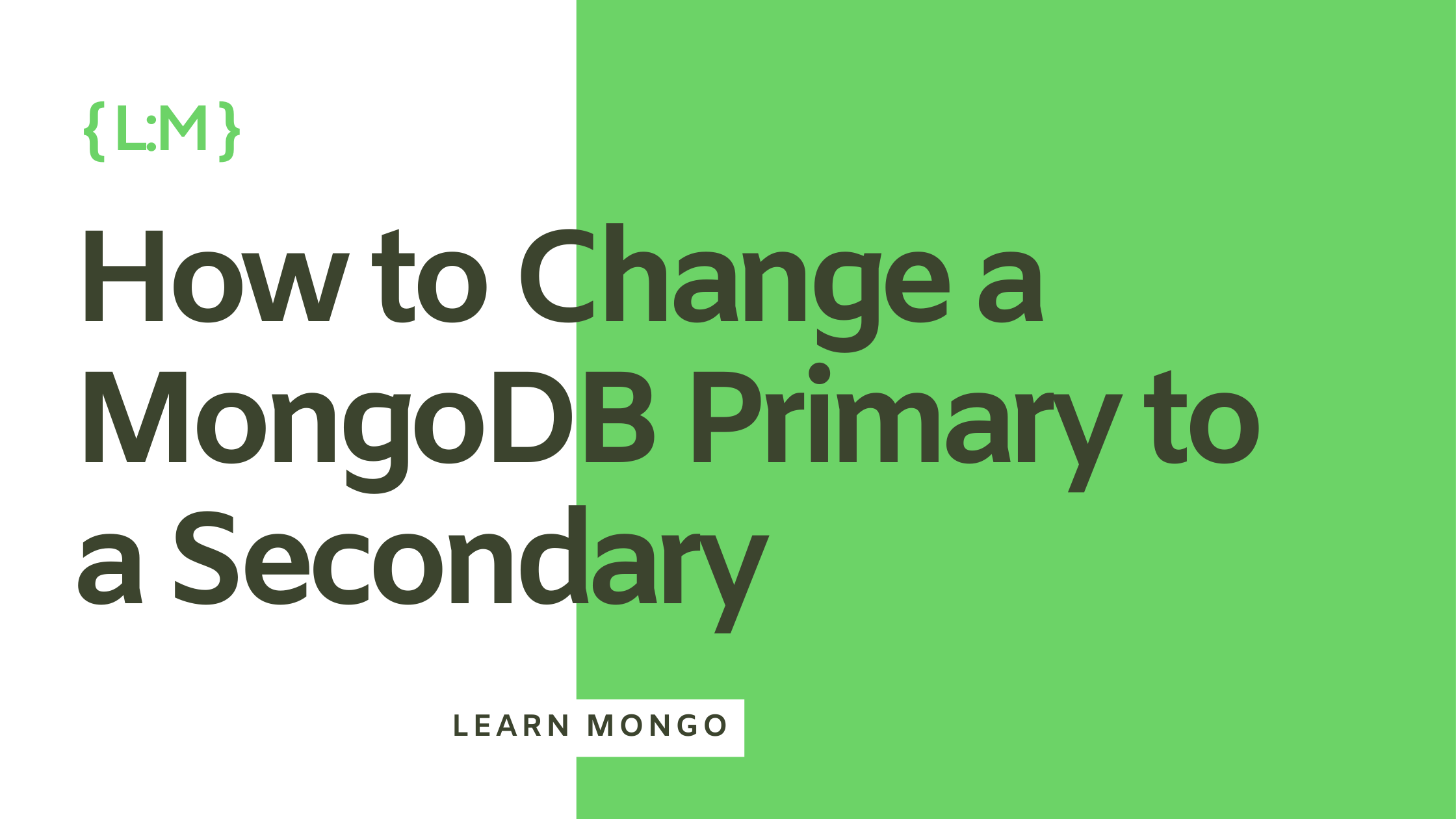
Maintaining a MongoDB Replica Set requires occasional maintenance and upgrades. Sometimes, this necessitates taking the primary node offline or converting it to a secondary node. Learn more about different Replica Set roles, Replica Sets: Member Roles and Types This guide will walk you through the steps needed to safely perform this task. Why Would You…

